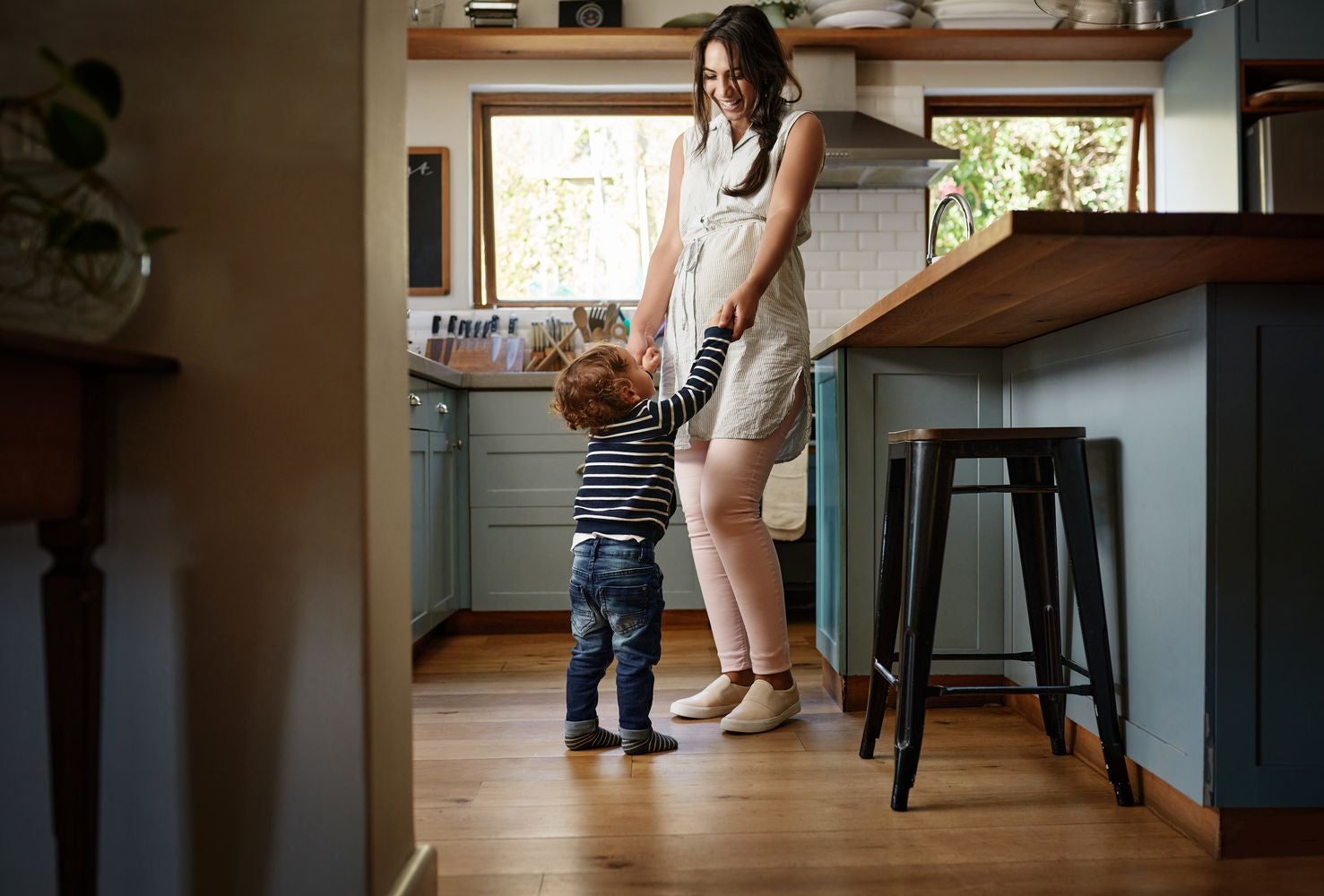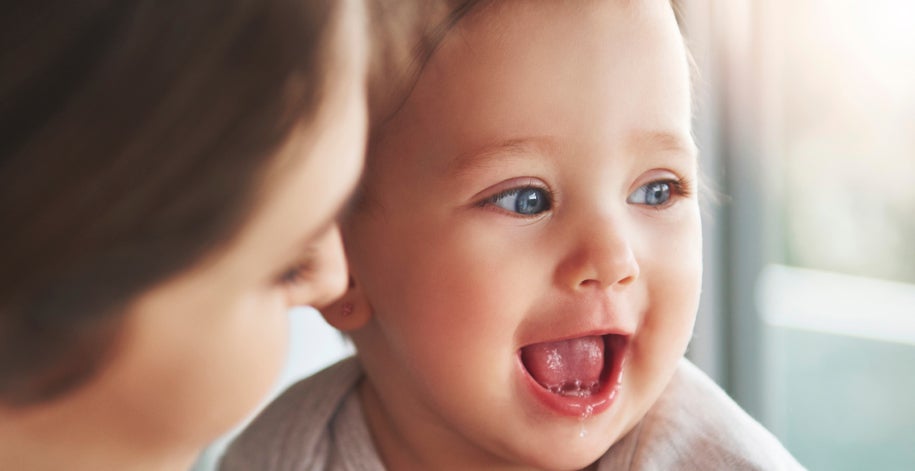Grooving to the Beat: Why Music Matters
Our relationship with music begins from birth (perhaps even before), with calming lullabies, nursery rhymes and games, continuing on to adult life where music becomes an important part of our lives through holidays, celebrations, worship and entertainment.
Regardless of the occasion, most little ones love music, connecting with it both physically and emotionally. This natural instinct comes in handy, as music plays a number of roles in the development of your toddler.
Benefits of music for toddlers:
- Encourages social interaction – Music is often an experience shared with others. By making, listening or dancing to music together, toddlers learn about cooperation, sharing, compromise and team work - skills that become invaluable as they face new challenges and begin to form new friendships
- Develops thinking skills – Singing songs and reciting poems can improve language and listening skills, with your little one beginning to link the sounds of a word to its meaning. Maths skills improve with songs that involve counting, repeating patterns and sequencing, while songs that involve echoing and actions assist with memory
- Promotes physical development - Toddlers respond to music intuitively, moving their body to the beat, sometimes without even realising. Music helps your little one understand how their mind and body can work together, improving rhythm and coordination
- Improves emotional well-being – Different music suits different moods, and can support your toddler to manage or express their feelings, such as listing to soothing soft music to calm them down, a faster tempo to give them an energy boost, or a powerful ballad to lift their spirit
Using music to aid development:
- Pick repetitive songs – Your little one will soon pick their favourites, however choosing songs that have an element of repetition encourages the use of words and memory. Good tunes to start on include ‘Wheels on the Bus’ or ‘Old MacDonald had a Farm’
- Change the words of familiar songs – To develop creativity and self-confidence, try changing out a particular word or sentence in a well-known song, such as a nursery rhyme or poem. Take turns coming up with new words or sentences. You could start by using your toddler’s name instead of the original character, or inserting a silly word – for example, ‘Mary had a little lamb’, could turn into ‘Jack had a little giraffe!’ This is the start of your toddler creating their own made-up songs
- Create your own rhythm – Come up with different sequences using body percussion, by clapping, stopping, jumping and tapping. Take turns being the leader, while the other tries to copy the sequence
- Learn echo songs - This gives little ones the opportunity to practice their listening skills by first hearing the words, then using their memory to repeat both the words and correct melody. It gives them a great sense of empowerment when they can repeat all the words correctly. Pick songs that only have a few words per line, such as ‘We’re going on a bear hunt’
- Build your own instruments – Make a drum kit with a saucepan and wooden spoon, or a guitar with an empty tissue box and rubber bands. Explore the house with your toddler and see how many sounds you can find
- Make use of special occasions – Listening to national anthems at sporting events can encourage your little one to learn more about cultures from around the world. While learning appropriate Māori songs for welcoming and saying farewell to visitors can teach them more about the Kiwi culture, for example Tena Koutou for welcomes and Kua Mutu Rā ngā Mihi e for farewells.


